Tea has always been an indispensable part of our daily lives, often mentioned in phrases like "after tea and dinner" and "firewood, rice, oil, salt, sauce, vinegar, and tea." Tea can cultivate one's character and uplift the spirit; it can refresh the mind and eliminate fatigue; it can also speed up metabolism, helping to prevent obesity and stones.
However, there are still some often-overlooked aspects of daily tea drinking that deserve our attention.
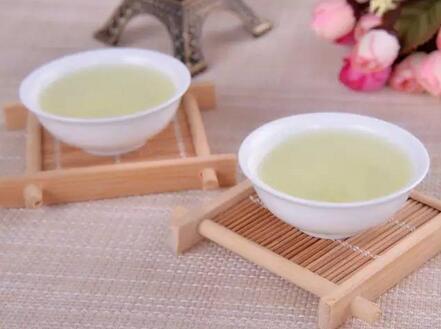
Myth: The "sweet aftertaste" of tea is due to bitterness fading away.
Rumor: The "sweet aftertaste" when drinking tea is because bitter substances numb our taste buds, making us perceive sweetness afterward.
Truth: The "sweet aftertaste" in tea comes from its natural sugars and amino acids. The tongue is more sensitive to bitterness, so we taste the bitter compounds first before detecting the sweetness.
Explanation: The phrase "bitterness fades, sweetness follows" is a well-known idiom, suggesting that sweetness arises from bitterness. But this may not be the case.
Typically, when we drink tea, the first taste we notice is bitterness, due to the presence of compounds like theine and tea polyphenols. Does this mean these bitter substances numb our taste buds, allowing us to perceive sweetness? Not so fast! Try taking a bitter medicine like quinine, and you'll find that the bitterness persists without any sweetness.
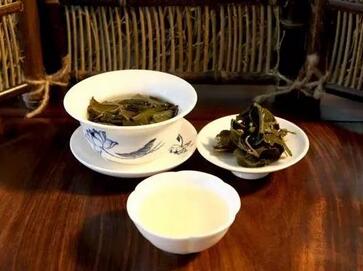
In reality, tea naturally contains sweet substances like sugars and amino acids. However, our tongues are more sensitive to bitterness, so we taste the theine and polyphenols first, followed by the sweetness. This is the true source of the "sweet aftertaste."
Tea polyphenols not only taste bitter but also have a distinct astringency. Human saliva contains a family of proline-rich proteins (PRPs) that provide lubrication. Tea polyphenols can alter their properties, forming complexes that reduce lubrication, creating the sensation of astringency. This astringency, like acidity, can increase saliva flow, giving us the feeling of "producing saliva."
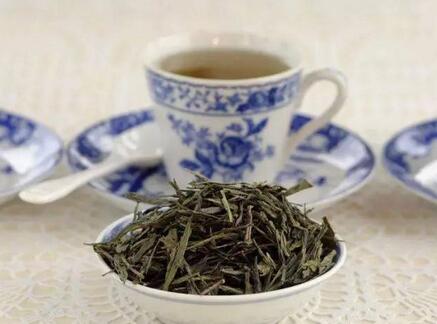
Myth: Taking medicine with tea reduces its effectiveness.
Rumor: Do not take medicine with tea, as it will neutralize the medicine's effects and render it ineffective.
Truth: Polyphenols and tannins in tea may form precipitates with certain medications, reducing their efficacy. It is best to take medicine with warm water.
Explanation: In most cases, it is not advisable to take medicine with tea, especially medications containing iron (like ferrous sulfate, ferrous carbonate, or iron ammonium citrate) or aluminum (like aluminum hydroxide). The metal ions in these medications can bind with tea polyphenols, forming precipitates that reduce or nullify the medicine's effects.
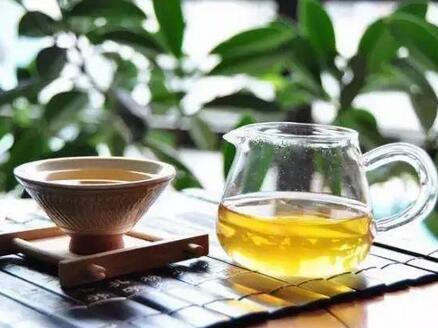
Some traditional Chinese medicines, such as ephedra, coptis, gambir, scutellaria, and ginseng, as well as alkaloid-based preparations and drugs like atropine and aspirin, should not be taken with tea. The active ingredients in these medicines can precipitate due to tannins in tea, losing their efficacy.
Enzyme preparations like protease and amylase should also not be taken with tea, as polyphenols in tea can bind to the enzymes, reducing their activity. Additionally, tea contains caffeine, which has a stimulating effect. Therefore, sedatives, hypnotics, and cough suppressants should not be taken with tea to avoid counteracting their effects.
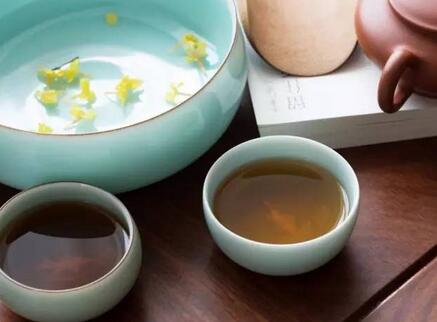
Myth: Overnight tea is carcinogenic.
Rumor: Tea is a very healthy beverage, but people often say, "Overnight tea is as poisonous as a snake." Many people choose to drink freshly brewed tea and discard tea brewed the previous day. Is overnight tea really harmful?
Truth: The main change in overnight tea is the oxidation of tea polyphenols, forming more pigments and making the tea darker. Some flavor compounds, like amino acids, are oxidized, losing their freshness. If there is no microbial contamination, overnight tea is safe to drink.
Explanation: The CCTV program "Is It True?" investigated this claim and concluded that overnight tea is safe and drinkable.
First, experiments were conducted to verify the truth. CCTV reporters selected three commonly consumed teas: Longjing, Pu-erh, and chrysanthemum tea. At 9 a.m. on the first day of the experiment, the reporters brewed these teas and left them to sit. After a long period, how different were these overnight teas from freshly brewed ones?
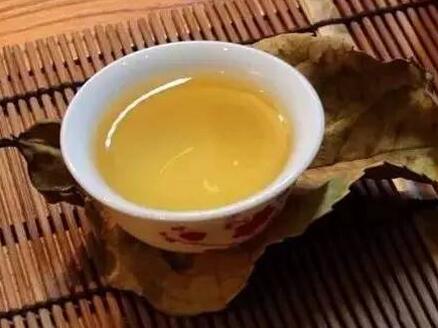
The "Truth Squad" invited national senior tea taster Lou Guozhu to professionally evaluate the taste of these overnight teas. Lou stated: "After leaving a cup of plain water and a cup of tea overnight, the nitrite content in the tea is even lower than in the water. This is because tea contains a large amount of tea polyphenols and vitamins, which act as natural antioxidants, preventing the formation of nitrites."
It has been confirmed that overnight tea is safe and drinkable. Regarding how to drink tea healthily, experts advise: "Drinking tea on an empty stomach can irritate the stomach, so avoid drinking cold overnight tea on an empty stomach. Adding warm water or mixing it with warm tea can be beneficial."
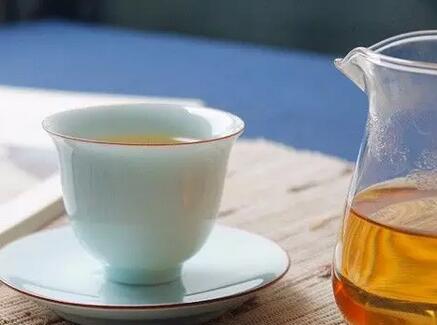
Truth: Drinking tea can reduce mortality.
Rumor: French professor Nicolas Danchin presented a study involving 131,000 people at the European Society of Cardiology annual meeting on August 31. The study revealed that drinking tea can reduce non-cardiovascular mortality by 24%.
Truth: The survey results showed that coffee drinkers have a higher risk of cardiovascular disease than tea drinkers, and tea drinkers generally have better health. The main reason is that tea contains antioxidants like flavonoids, which help prevent cardiovascular diseases.
Explanation: Coffee and tea are significant parts of our lives. Their effects on cardiovascular (CV) health have been studied in the past, sometimes with conflicting results.
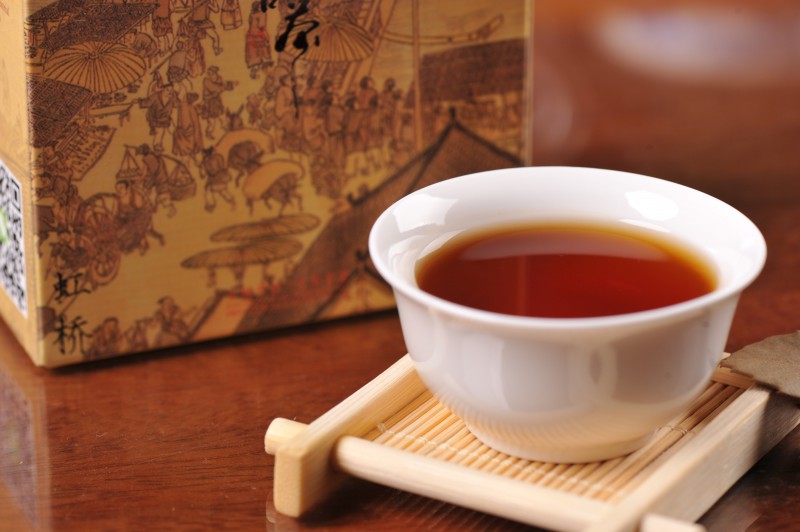
Professor Danchin's study involved 131,401 participants aged 18 to 95. Over an average follow-up period of 3.5 years, there were 95 cardiovascular deaths and 632 non-cardiovascular deaths. Coffee and tea intake was categorized into three levels: none, 1-4 cups per day, and more than 4 cups per day.
The researchers found that coffee drinkers had a higher cardiovascular risk than non-drinkers, especially among smokers.
Tea drinkers showed the opposite trend, with a lower cardiovascular risk than non-drinkers. Tea significantly reduced non-cardiovascular mortality, with a risk ratio of 0.76 for drinkers versus non-drinkers.
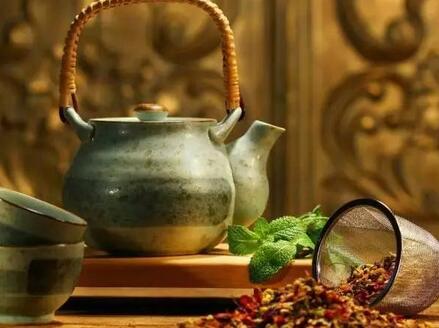
He concluded: "The antioxidants in tea may provide survival benefits. Tea drinkers also tend to have healthier lifestyles, so whether tea itself produces better outcomes or reflects personal traits remains an open question. Regardless, I think it's fair to recommend tea over coffee."
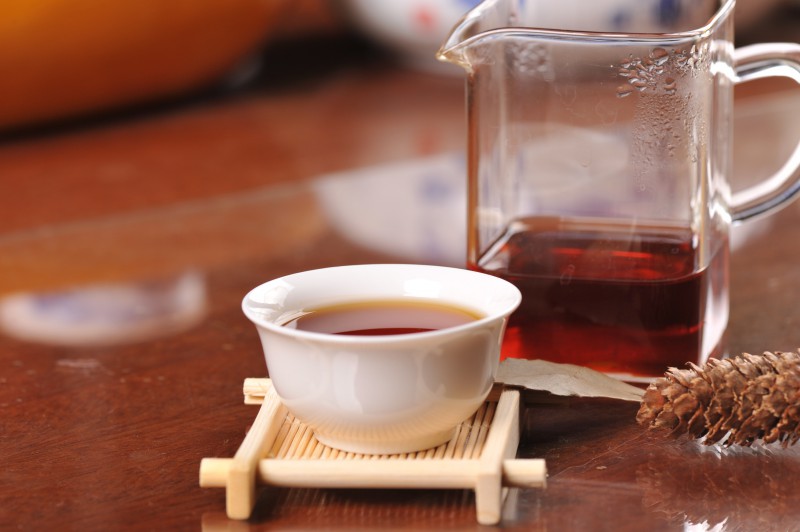
Tea and Sugar
Rumor: Tea is bitter and cold in nature. People drink tea to stimulate digestive glands with its bitterness, promoting digestion. Adding sugar to tea would inhibit this function.
Truth: The "digestion-enhancing and detoxifying" effects come from compounds like theine and tea polyphenols, which are bitter but effective due to their chemical properties, not their taste. Sugar does not react with these compounds to neutralize them. At most, it adds calories and alters the tea's flavor. Traditional Chinese medicine even uses honey to mask the bitterness of herbs.
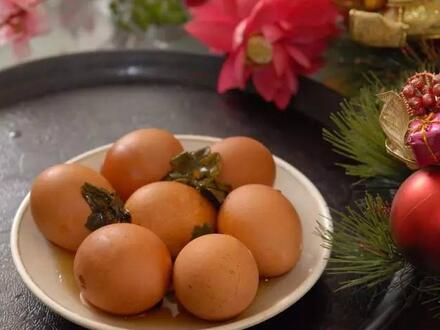
Tea and Eggs
Rumor: Tannic acid in tea can coagulate proteins in food, making them harder to digest and reducing protein absorption.
Truth: There is no evidence that tea eggs are harder to digest than plain boiled eggs. Egg proteins coagulate due to heat, not tea. The human body can digest denatured proteins without issue, as seen with cooked meat, eggs, and tofu. In fact, tea polyphenols in tea eggs can prevent the oxidation of cholesterol in eggs, preserving nutrients. Tea egg lovers can rest easy.

Tea and Lamb
Rumor: When eating lamb and drinking tea, the abundant proteins in lamb can bind with tannic acid in tea, forming tannin-protein complexes. These complexes can constipate the intestines by reducing water in stools.
Truth: Nomadic cultures often consume tea with lamb or beef without increased constipation. In fact, tea aids digestion and bowel movements and "detoxifies" meat. Tea polyphenols do not have the strong protein-coagulating ability of tannic acid, and calling them "tannic acid" is inaccurate.
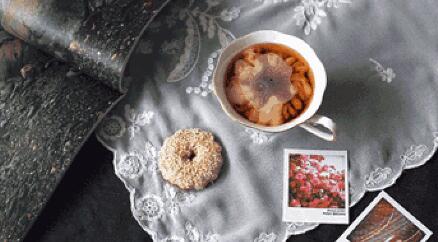
Tea and Milk
Rumor: Oxalic acid in tea reacts with calcium in milk to form calcium oxalate, reducing calcium absorption and harming health.
Truth: Tea contains minimal oxalic acid. The oxalic acid in 10g of tea binds about 5mg of calcium—equivalent to the calcium in 5g of milk. This negligible loss is insignificant. The body cannot absorb calcium oxalate, which actually prevents oxalic acid from harming the body. Milk tea lovers can enjoy their drink without worry.